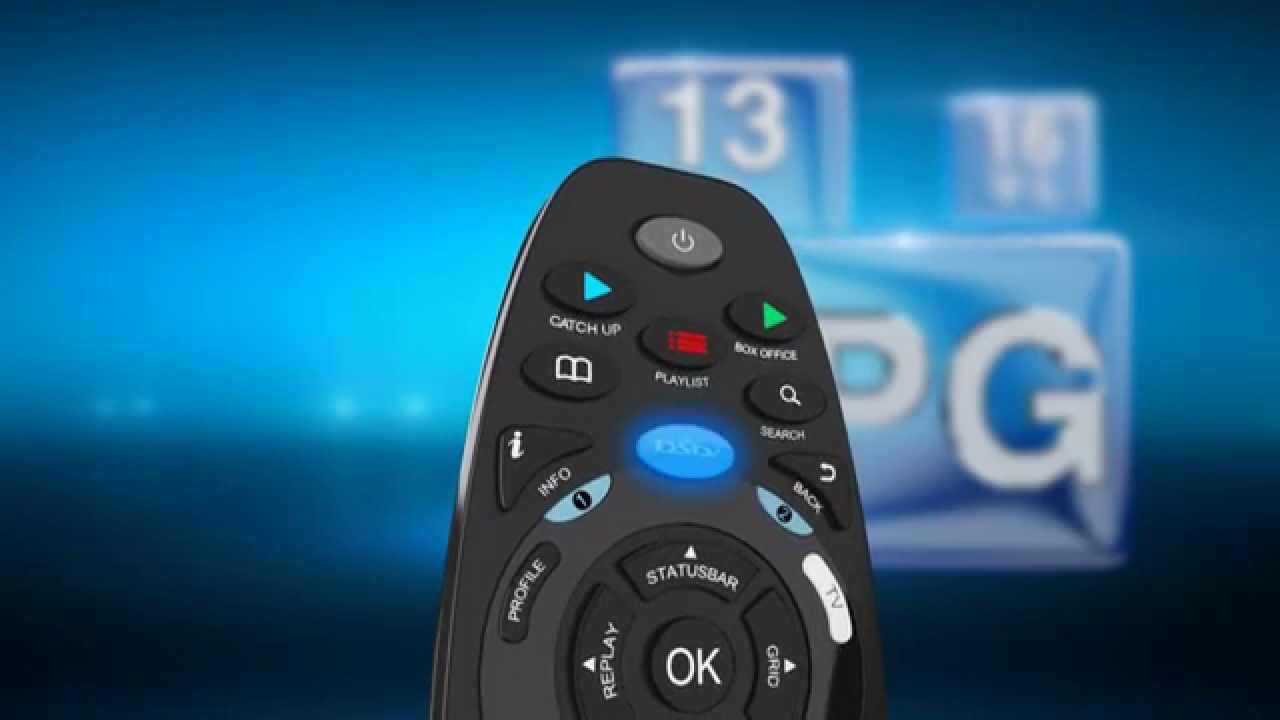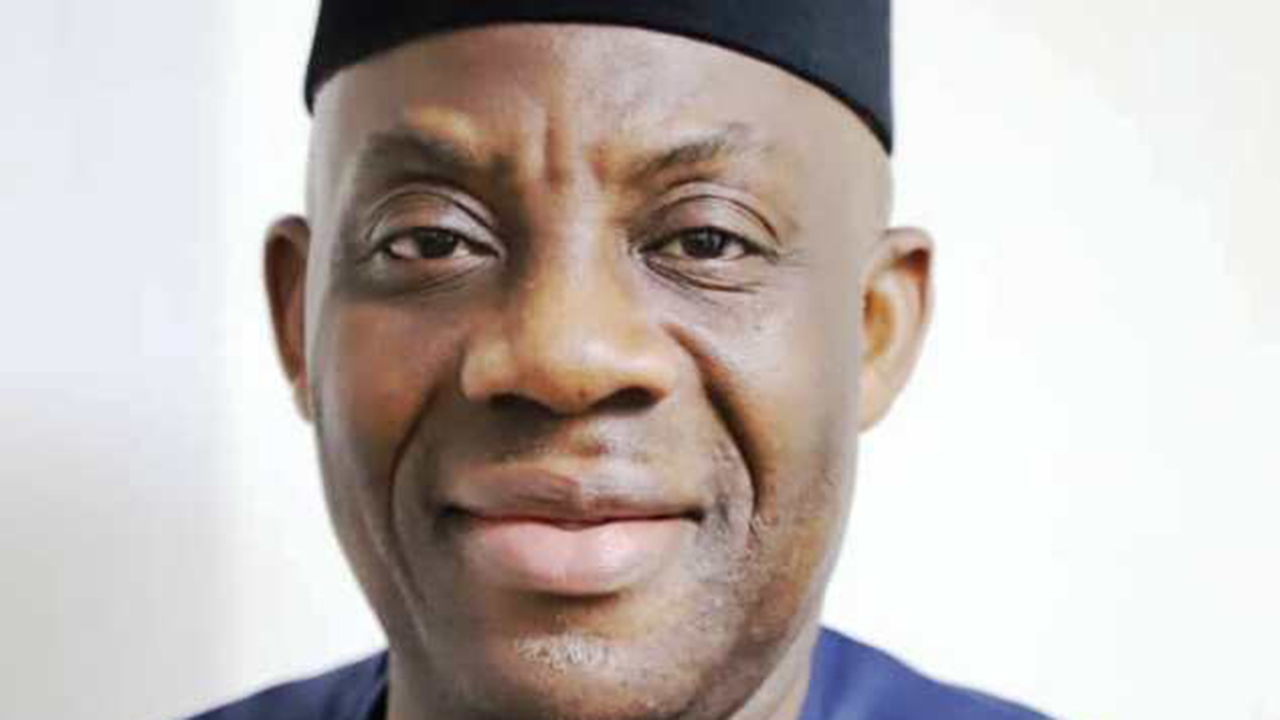Businesses exist because of customers, and thrive by meeting and satisfying their needs. A business cannot force itself on customers unless what it offers is critical to basic human survival and there is no alternative. By rudimentary economics, if demand declines for what a business provides, be it a product or service, the business would struggle to survive in a free market economy.
Smart businesses thus know and do things they must do to keep customers satisfied and loyal to them. An inability or unwillingness to please customers, or insensitivity to their pain points would only continue to end in tears for inflexible businesses, especially in a world of choices. However, businesses may sometimes want to please customers but are constrained by certain hostile dynamics of their business model, industry or macroeconomic sphere.
The foregoing scenario continues to define the dicey relationship between MultiChoice Nigeria, providers of DStv and GOtv Pay TV services, and its Nigerian subscribers in a harsh economy. In a desperate bid to withstand dire headwinds, the South African entertainment powerhouse recently announced a new promotional offer to its fast disappearing Nigerian customers.
Claiming a move to attract more customers, reward customer loyalty, deliver enhanced value and halt decreasing subscriptions, MultiChoice has slashed the price of its DStv decoder by 50 per cent, reducing it from N20,000 to N10,000. It also offered subscribers a free upgrade to the next DStv package tier when they fully pay for their current plan from June 16 to July 31, 2025. This is all part of its ongoing ‘We Got You’ special promotional campaign.
But what has been the customer reaction? Are Nigerians willing to be enticed by this ‘damage control’ promotional offer patently aimed at reversing a massive loss of market? Since news of the new offer hit the public on Wednesday June 25, the reactions by Nigerians have been a mixed grill. While some prospective subscribers may be excited, a gleaning of a cross section of online comments shows a mass disappointment with MultiChoice’s latest gambit. It is not what customers expected.
Although the service provider rationalised the price slash and free upgrade offers as a response “to the noticeable economic impact on the everyday lives of Nigerians”, its action actually amounts to applying a wrong solution to customers’ pain points. What are these pain points? They are so obvious and commonly expressed by Nigerian subscribers to the point of sounding like broken notes.
The DStv/GOtv service provider also knows the pain points but seems helpless, despite reportedly losing 1.4 million subscribers in Nigeria between March 2023 and March 2025. It would be recalled that MultiChoice Nigeria raised its DStv and GOtv bouquet prices three times within 12 months in recent times. The first was in April 2023, followed by another increase in November 2023, and then a third one in April 2024. These are mostly hikes in the costs of monthly subscriptions on the diverse bouquets, and they didn’t go down well with Nigerians due to multidimensional escalating costs of living and not getting value for their money.
To be fair, MultiChoice Nigeria, in raising its bouquet prices three times in the last two years, was only responding to the same macroeconomic exigencies that have spiked the costs of doing business in every sector of the economy. Businesses are compelled to adjust certain variables of their offerings in response to developments in the operating environment. This we have seen in energy, power, telecoms, manufacturing and other sectors where rising costs of doing business have incited higher costs of services and products. MultiChoice thus has no choice but to follow suit. However, the serial cost escalations for DStv and GOtv bouquets would have been justified and embraced only if subscribers get real value for their money.
Today, most Nigerians are not happy that MultiChoice appears to take them for granted by recycling old, stale movies, series and programmes that they have already seen over and over. Apart from sports, especially football events, which are transmitted live, most other content on DStv and GOtv bouquets are recycled annoyingly. This has become a common complaint among subscribers. And as not all subscribers are fans of football or view sport channels all the time, how then do you justify increased prices of monthly subscriptions that don’t satisfy the entertainment needs of customers? Where is the value for money in stale, recycled content?
Also, Nigerian subscribers continue to demand an equitable, flexible service tariff model that offers them a pay-as-you-view subscription instead of fixed monthly subscriptions, but MultiChoice continues to refuse. On the part of subscribers, the factors of inflated costs of living, irregular power supply, weather disruptions and daily engagements deprive them the luxury of daily enjoying their DStv and GOtv bouquets. Why then should they be forced to pay a fixed monthly cost for what they don’t consume? That is a major customer pain point that makes Nigerian subscribers to keep insisting on pay-as-you-go tariff plan.
On the other hand, MultiChoice also always defends its position with claims that such a pay-per-view subscription model is rather “very expensive, contractually unsustainable, technically impracticable and has no empirical practice anywhere.” The company contends that it does not have the technology to render the pay-as-you-go billing model as requested by most Nigerian subscribers, the way it is done by telecoms networks in a traceable two-way communication system. The explanatory conclusion is that the pay-as-you-go model can only be applied when the billing system of satellite broadcasting is globally remodeled.
To be continued tomorrow.
Onifade, a marketing communication practitioner and public affairs analyst, wrote from Lagos.






